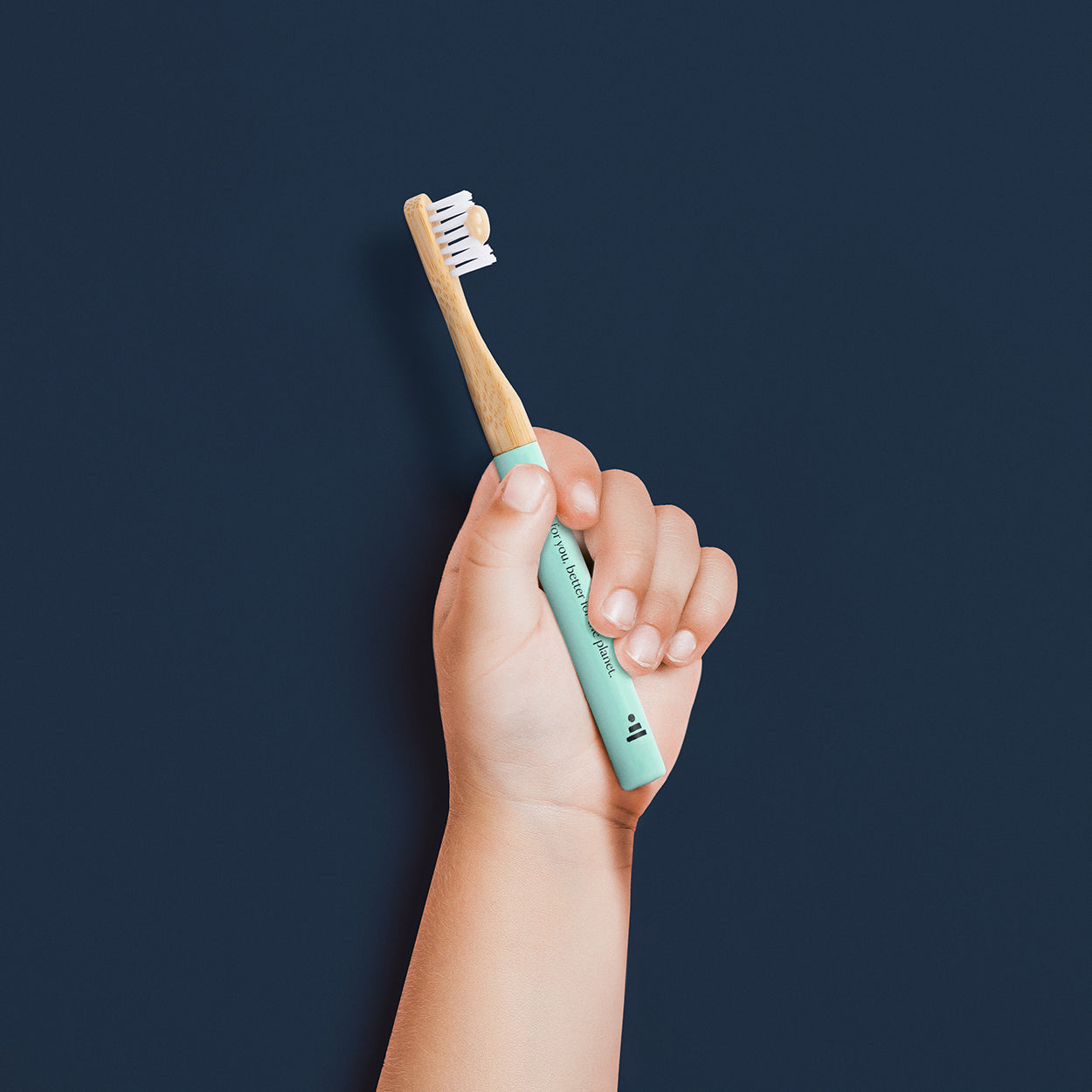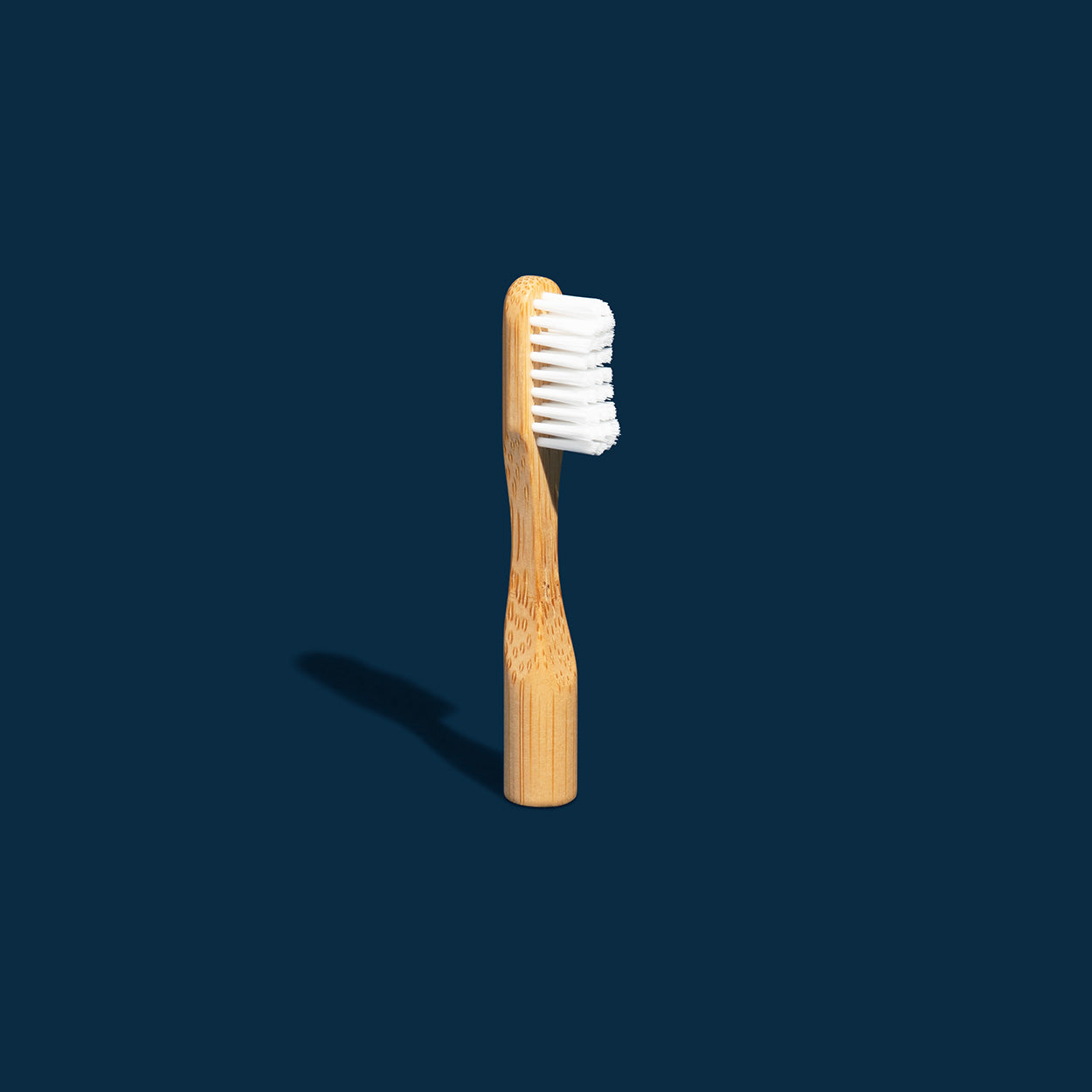In a hurry to improve your health? There are plenty of actions you can take right now to support your mind and body, and one of the easiest is taking your vitamins.
If you recently started taking a vitamin supplement (or plan to soon), you might be wondering: How long will it take for it to work?
The short answer is: it depends. It can take anywhere from a few days to a few months for vitamins to make a noticeable impact on your wellbeing. Or you might not notice anything at all—but that’s not necessarily a bad thing.
In this article, we break down five factors that affect how long it takes vitamins to do their job and how to make the most of your supplement regimen.
How Long Does It Take for Vitamins to Work?
Based on current research, it usually takes 1-3 months of consistent supplementation to correct a vitamin deficiency. If you’re severely deficient in a vitamin, it may take longer to restore optimal levels.
Keep in mind, there isn’t a catch-all answer for how long it takes vitamins to kick in. It can vary depending on your diet, overall health condition, and what type of vitamins you’re taking.
With that said, let’s explore five factors that can influence how long it takes you to feel the effects of vitamins:
1. Your Baseline Vitamin Levels
The speed at which vitamins work can vary depending on what your starting point is.
For example, if you have extreme vitamin deficiency levels, it may take more time or higher doses of a supplement to feel better. Alternatively, someone whose blood levels are slightly below normal might only need a couple of weeks to fix the deficit.
Think of it like training for a race: someone in tip-top shape will need less time to prepare than someone who rarely runs.
2. Your Diet
The food you eat can affect how long it takes for vitamins to work.
For example, many essential nutrients including vitamin A, D, E, and K are fat-soluble vitamins. That means they require dietary fat to be absorbed. To help these vitamins work as fast as possible, incorporate omega-3 fatty acids into your diet.
On the other hand, vitamin C and the B vitamins are water-soluble vitamins. These get absorbed into your body more easily and therefore can work faster.
Following a vegan diet can also affect how long it takes for vitamins to work. Since vitamins D and B12 come primarily from animal sources, it may take longer for vegans to correct deficiencies through dietary supplements.
Lastly, certain compounds—most notably caffeine—have been shown to hinder the absorption of vitamin D and calcium. You don’t need to quit your morning coffee, but you should consider limiting caffeine intake to 45 minutes before or after taking vitamin supplements.
3. Oral vs. Sublingual Vitamins
Most people focus on their vitamin dosage, but how you take those vitamins is actually more important.
When you swallow oral vitamins (like pills, capsules, and gummies) the enzymes in your intestines break them down before the nutrients reach your liver. By the time they’re released into your bloodstream where your body can use them, you’re left with a fraction of what you originally ingested.
This study about vitamin deficiencies found that people who took an oral B12 supplement only absorbed 2% of the dose.
Vitamins tend to get absorbed and processed much faster when taken sublingually, meaning under the tongue. Your mouth is full of capillaries that are highly absorbent. When nutrients enter your mouth, they bypass your digestive system and go straight into your bloodstream.
To test this theory, researchers compared the vitamin D3 absorption rates of oral spray and gelatin capsules. After 30 days, the patients who took the oral vitamin spray had significantly higher concentrations of vitamin D in their blood compared to those who took the capsules.
4. Multivitamins vs. Individual Vitamins
Multivitamins are the most popular supplement for US adults, according to the Council for Responsible Nutrition. However, they might not work quickly if you’re trying to address a specific nutrient your body needs.
Multivitamins contain dozens of nutrients, but often don’t provide the targeted benefits of an individual vitamin supplement. For example, 42% of people have a vitamin D deficiency. But a multivitamin may not be enough to solve that discrepancy.
"Unfortunately, most multivitamins don't offer enough vitamin D to keep our vitamin D levels in the normal range," says Brittany Michels, a registered dietitian and nutritionist. "So a singular vitamin D [supplement], in addition to a multivitamin, is a must."
The same applies to prenatal vitamins. Pregnant women need 15 mcg of vitamin D every day. However, the American Pregnancy Association notes that most prenatal vitamins don’t deliver sufficient vitamin D.
5. Underlying Health Issues
Some health conditions can cause vitamins to be absorbed inefficiently. These include:
- Inflammatory bowel disease, including Crohn’s disease
- Malabsorption disorders including lactose intolerance and Celiac disease
- Obesity
- Aging past 70
Now that we’ve covered how long it takes for vitamins to work in general, let’s take a closer look at two nutrients that millions of Americans are deficient in: vitamin D and vitamin B12.
How Long Does It Take for Vitamin D to Work?
If you have a vitamin D deficiency, you may notice improvements within 4-6 weeks of consistent supplementation. However, that timeframe can vary depending on what your baseline vitamin D levels are.
This 2019 study found that people with vitamin D deficiencies and healthy people alike were both able to achieve adequate levels of vitamin D after six weeks of supplementation.
When you correct your vitamin D deficiency, you might notice an improved mood, stronger immune system, and fewer aches and pains.
How Long Does It Take for Vitamin B12 to Work?
It can take 3-4 weeks to start feeling better after taking vitamin B12 consistently. However, it can take six months or more to recover from a severe B12 deficiency.
One of the most common reasons people take B12 is to boost their energy levels. While it’s true that B12 gives you energy, it won’t happen instantly. Your body needs a steady dose of B12 every day to build up in your system.
For example, this 2017 study found that vegans were able to correct their B12 deficiency after 12 weeks of brushing with a B12-fortified toothpaste.
Many B12 supplements promise instant energy, but that’s often because they’re loaded with caffeine or other stimulants—it’s not the vitamin themselves producing the results.
How Do You Know If Vitamins are Working?
The most accurate way to see if vitamins are working is a blood test. This measures the concentration of a specific nutrient in your system, usually in nanograms per milliliter (ng/mL).
Aside from lab work, you can simply gauge how you feel before and after starting your regimen. For instance, if you feel energized after taking B12 for a few weeks, that’s a sign it’s working.
Vitamins are essential, but they aren’t magic. Even if you don’t “feel” distinct changes from vitamins, that doesn’t mean they’re not working.
Small Habits are Better Than Mega Doses
Consistency is key when it comes to taking vitamins. A high dose of vitamins one day can’t compensate for weeks of nutrient deficiencies.
Healthy habits aren’t always easy to build—that’s why we put a microdose of vitamins in our toothpaste so you can clean your teeth and take your vitamins at the same time.
Our Energy Toothpaste contains 100% of your daily dose of vitamin B12 and 80% of D3 (assuming you brush morning and night).
Now you’ll feel fresh and fully charged.


















